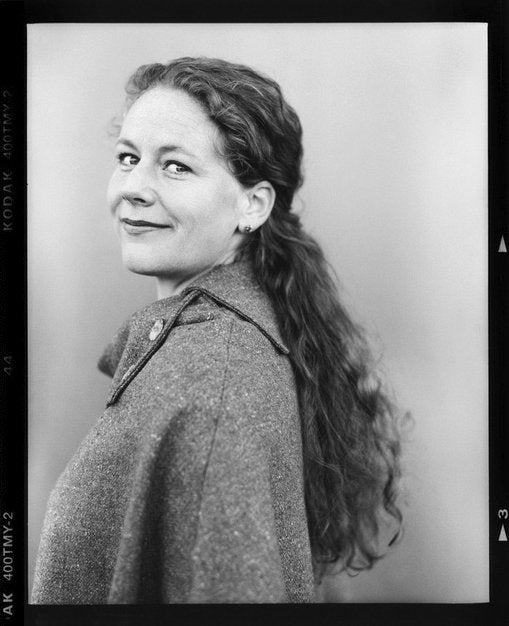Melnikov, Faust and Queyras play Haydn and Dvorak, *****; Christanne Stotijn sings Rachmaninov and Musorgsky, ****

Your support helps us to tell the story
From reproductive rights to climate change to Big Tech, The Independent is on the ground when the story is developing. Whether it's investigating the financials of Elon Musk's pro-Trump PAC or producing our latest documentary, 'The A Word', which shines a light on the American women fighting for reproductive rights, we know how important it is to parse out the facts from the messaging.
At such a critical moment in US history, we need reporters on the ground. Your donation allows us to keep sending journalists to speak to both sides of the story.
The Independent is trusted by Americans across the entire political spectrum. And unlike many other quality news outlets, we choose not to lock Americans out of our reporting and analysis with paywalls. We believe quality journalism should be available to everyone, paid for by those who can afford it.
Your support makes all the difference.Trapped in a long and loveless marriage with a woman who hated music, Haydn had to look elsewhere for affection, and during a stay in London he was smitten by a stylish 60-year-old widow to whom - since she was a fine pianist - he dedicated a set of piano trios.
And though this form was regarded as a vehicle for amateur musicians to show off their accomplishment, his ‘Piano Trio in D HXV:24’ makes big demands on those who play it. This was a work described by Haydn’s biographer Rosemary Hughes as "irradiated by that sunset calm that is so peculiarly his", and as delivered by pianist Alexander Melnikov, violinist Isabelle Faust, and cellist Jean-Guihen Queyras, it possessed just that quality. This seasoned ensemble played it with energetic warmth, Melnikov’s limpid figurations setting the tone.
The second work in this recital was Dvorak’s ‘Piano Trio in F minor Op 65’. Written in the shadow of his mother’s death and dedicated to her memory, this was also overshadowed by Brahms, the opening of whose piano quintet is explicitly echoed in its opening: we are in the same darkly sumptuous sound-world, with the same musical gestures. But if, 90 years on, the piano was still dominant, the strings had now carved out their space: Faust’s beauty of tone and Queyras’s expressive line highlighted this work’s complex emotional connotations.
Five hours later the Wigmore was packed again, this time for a recital by mezzo Christianne Stotijn and pianist Julius Drake with a programme of songs by Grieg, Rachmaninov, and Musorgsky entitled ‘From Russia and Norway with love’. Stotijn did what she could to bring to life Grieg’s saccharine songs, with their safely conventional emotions, but the real action came with the Russians.
The songs Rachmaninov wrote in the traumatic aftermath to the disaster of his first symphony’s reception are all passion on raw nerve-endings, and while Stotijn honoured this quality to the full, Drake brought out the variegated beauty of the accompaniments. But Musorgsky’s ‘Detskaya’ (The nursery) was the piece de resistance.
Stotijn brilliantly incarnated the rebellious little protagonist with his comic vulnerability, and she let the rhythm of the Russian words dictate the wayward momentum of the music; each song’s drama was brought to life with a humour delicately reinforced by the beauty of her sound.
Join our commenting forum
Join thought-provoking conversations, follow other Independent readers and see their replies
Comments